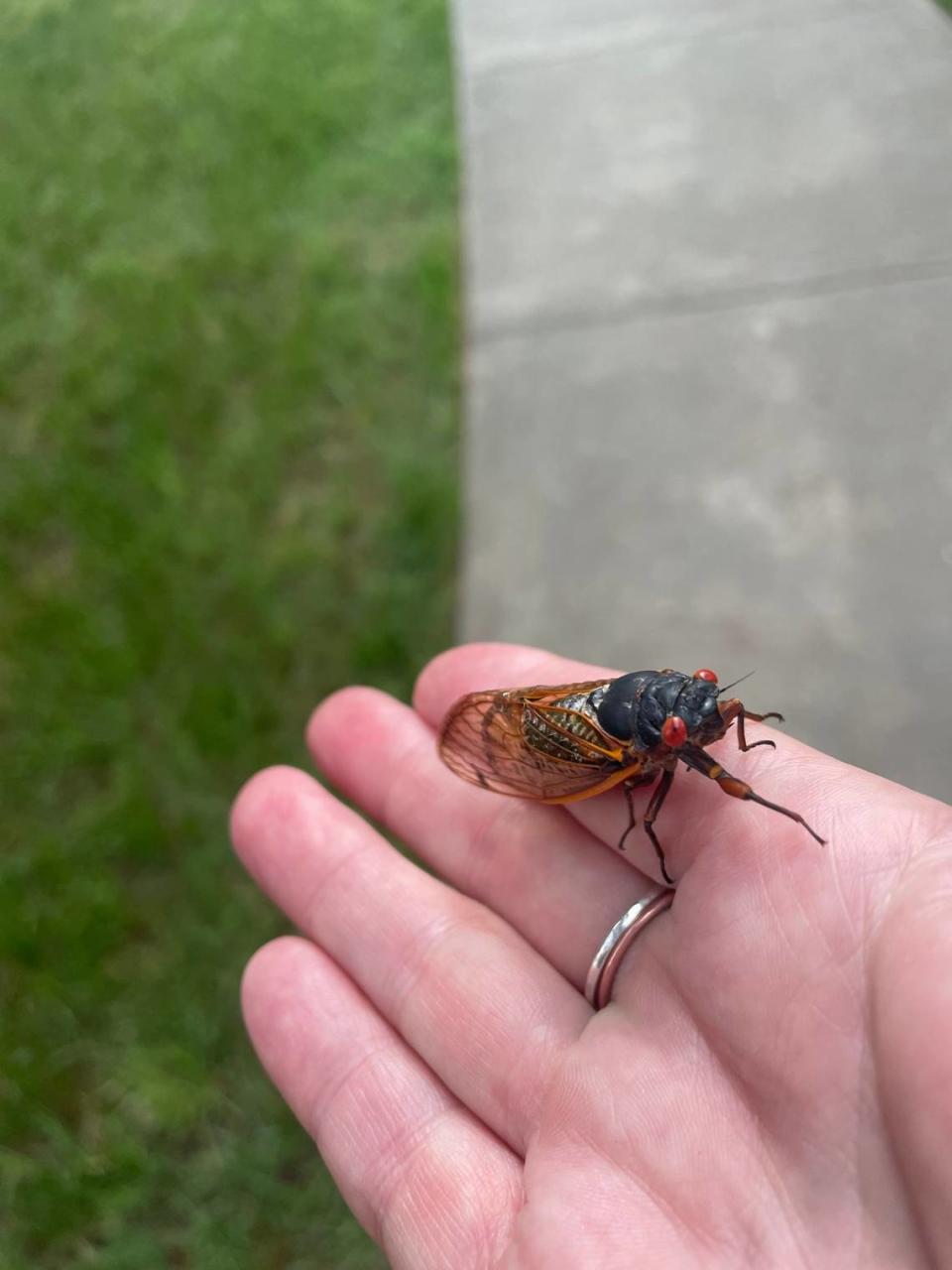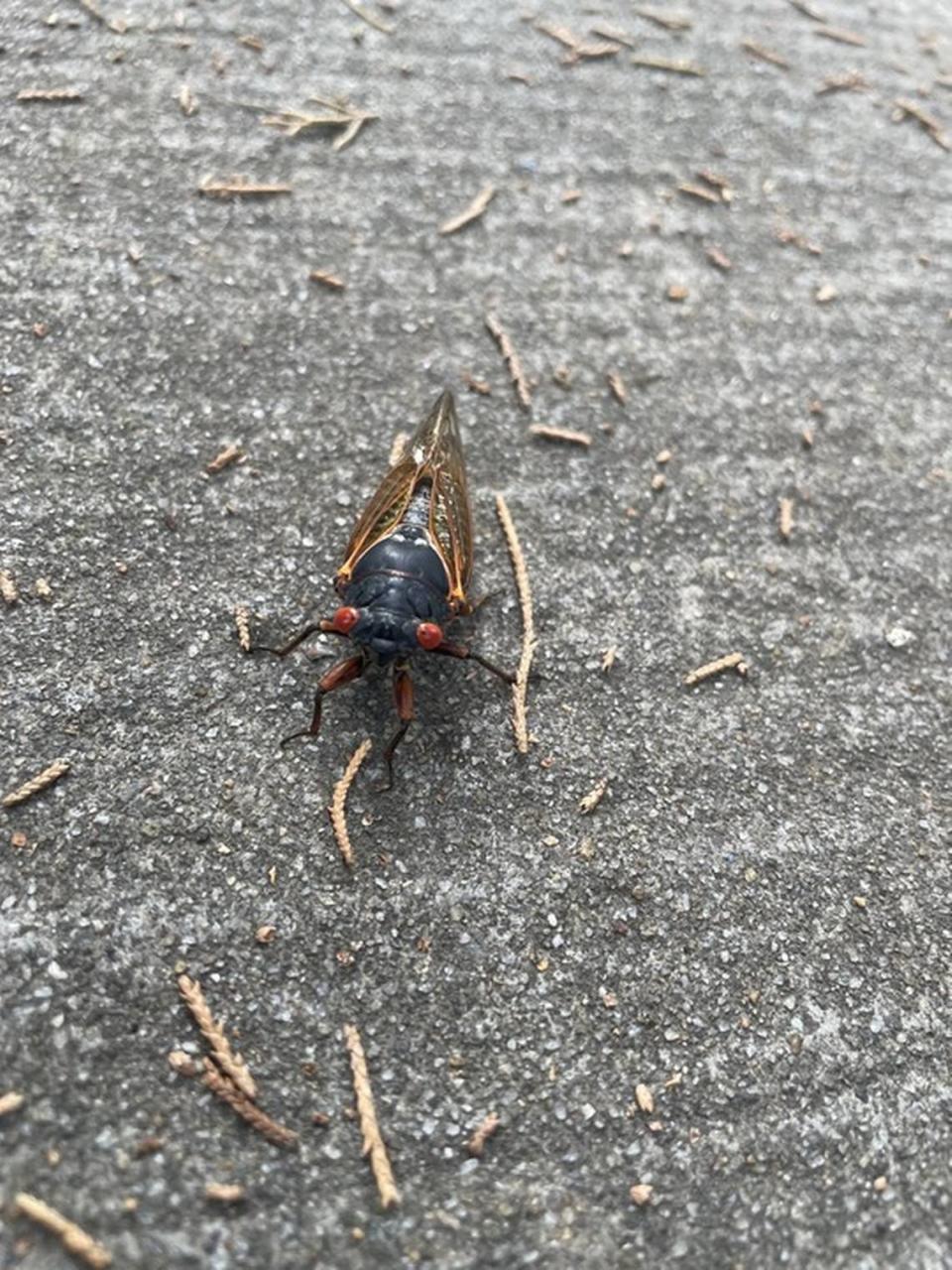Oh yuck! Those loud cicadas also pee like pressure washers, say researchers
Is it not enough that cicadas are the loudest bugs — rivaling the roar of a Stihl chainsaw after a hurricane?
Or that they’re among the largest insects, some of them bigger than hummingbirds?
Now a pair of chemical and biomolecular engineers have drawn these superlative insects into a bit of a … peeing contest.
Spoiler alert. Among bugs, they’re the winners, able to pee in a jet stream unmatched by their peers.
In fact, it hasn’t been seen so far in any creature smaller than a mammal, according to Elio Challita and Saad Bhamia, who were colleagues at the Georgia Institute of Technology when they wrote a paper on the subject. The treatise was published in March by the National Academy of Sciences, complete with a video showing a cicada on a leopard tree in Singapore taking what appears to be a well-aimed whiz.

Why do cicadas pee like a pressure washer?
The emergence this year of two broods of periodical cicadas in the U.S., including Brood XIX that’s been vibrating in the trees in parts of North Carolina, has increased interest in — well, everything, apparently — about cicadas’ lives.
Challita and Bhamia’s research doesn’t say whether periodical cicadas pee like they’re firing a squirt gun, but their paper suggests they believe all cicadas have this talent. Periodical cicadas, the Rip Van Winkles of the bug kingdom, might be presumed to emerge from the ground after 13 or 17 years, depending on their brood, overdue for a pit stop. But the researchers say cicadas’ peeing prowess is more likely the result of physiology and diet.

They have to drink a lot to get enough nutrients, so they have to pee a lot, and their bodies hold onto the liquid they ingest for as long as possible to extract all the energy from it they can. By the time they let it go, the release is more like a pressure washer than other bugs’ polite dribble.
Periodical cicadas emerge in April or May and are typically gone by June, so we’ll never know if they could write their names in the snow.
No drone of cicadas where you live? Here is where Brood XIX is emerging in NC
911 caller reports alien spaceship in Durham. ‘Most likely cicadas,’ police say

